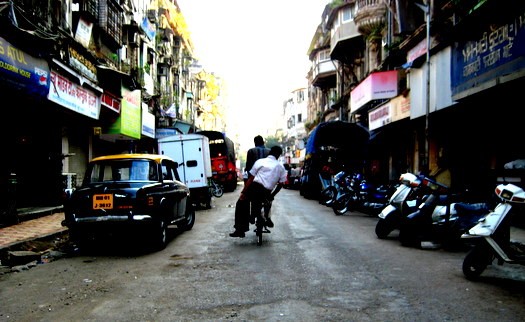Last week I picked up a book called Cop in the Hood by a grad student turned cop (turned academic) named Peter Moskos. He's a law professor now [UPDATE: Oops. He's actually an "assistant professor of Law, Police Science, and Criminal Justice Administration." My bad], but he spent a year policing East Baltimore during his PhD work and wrote a part sociological analysis, part police procedural about his experience. If The Wire had a literary analog, this would be it, not only because it takes place in East Baltimore, but because it presents a morally complex view of the relationship between law enforcement and the citizenry with whom they interact (mostly poor people in desperate circumstances). It also adds academic underpinnings and a truly excellent set of footnotes that provide avenues to a variety of interesting sources, one of which led me to one of my all-time favorite New Yorker articles, a 1998 installment of the Cop Diary called "The Word on the Street" about the language of NYC cops. The author, the pseudonymous Marcus Laffey (actual name: Edward Conlon) recently wrote a memoir called Blue Blood, which is going on the list for sure.I really appreciated his discussion of research methods because it puts in high relief some of the challenges that any researcher (e.g., one who is trying to understand how people use high-tech tools) interacts with their interview subjects. So much of it is very un-objective, and Moskos addresses his skeptics early on:
Some will criticize my unscientific methods. I have no real defense. Everything is true, but this book suffers from all the flaws inherent in ethnographic work … Being on the inside, I made little attempt to be objective. I did not pick, much less randomly pick, my research site or research subjects. I researched where I was assigned. To those I policed, I tried to be fair. But my empathy was to my fellow officers. Those nearest to me became my friends and research subjects. My theories emerged from experience, knowledge, and understanding. In academic jargon, my work could be called "front-and-backstage, multisited, participant-observation research using grounded theory rooted in symbolic interactionism from a dramaturgical perspective.
You can read more in an excerpt here [PDF], and he's got a blog that discusses media coverage of the book here.
